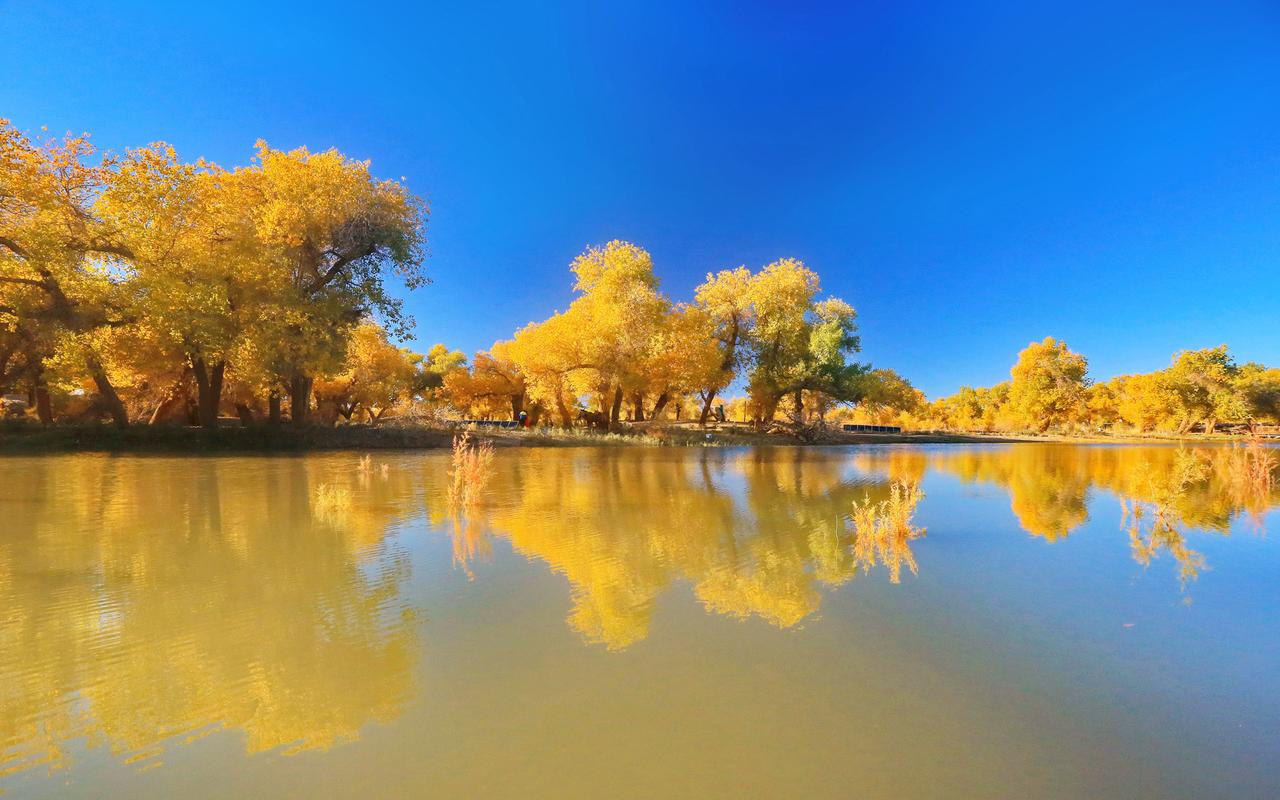Social media and online communities have become an integral part of popular culture. From viral videos and memes to debates over trending hashtags, platforms like Facebook, Twitter, and Instagram play a significant role in shaping cultural trends and conversations. With millions of users worldwide, these platforms are more than just a way to connect with friends and family; they are powerful tools for cultural expression and collective action.
At its core, social media is all about sharing. Users can share their thoughts, opinions, and creations with a global audience in a matter of seconds. This has given rise to a new kind of celebrity – the social media influencer. These individuals have amassed large followings by creating engaging content that resonates with their audience. They use their platforms to promote products, services, and causes, and their influence can often be seen in the way people dress, talk, and think.
Online communities have also played a significant role in shaping popular culture. Forums, discussion boards, and other online spaces provide a space for people to connect around shared interests, passions, and identities. These communities are often centered around specific topics, such as fashion, gaming, or social justice, and they provide a way for people to connect with others who share their values and beliefs.
One of the most significant impacts of social media and online communities on popular culture is the democratization of cultural production. In the past, cultural products were created by a select group of individuals who had access to the resources and platforms needed to distribute their work. Today, however, anyone with an internet connection can create and share their own content. This has led to a proliferation of new voices and perspectives in popular culture and has challenged traditional hierarchies of cultural production.
However, the influence of social media and online communities on popular culture is not without its challenges. The constant stream of content can be overwhelming, and the pressure to participate in online conversations and trends can be exhausting. Additionally, the lack of gatekeepers means that misinformation and harmful content can spread quickly and easily. Platforms and communities have a responsibility to adopt policies and practices that mitigate these risks and promote a healthy online environment.
In conclusion, the influence of social media and online communities on popular culture is undeniable. From shaping the way we dress to amplifying marginalized voices, these platforms and spaces play a significant role in shaping cultural trends and conversations. However, the impact is not always positive, and it is up to individual users, communities, and platforms to ensure that they are using these tools in healthy and responsible ways.
(Note: Do you have knowledge or insights to share? Unlock new opportunities and expand your reach by joining our authors team. Click Registration to join us and share your expertise with our readers.)
Speech tips:
Please note that any statements involving politics will not be approved.
